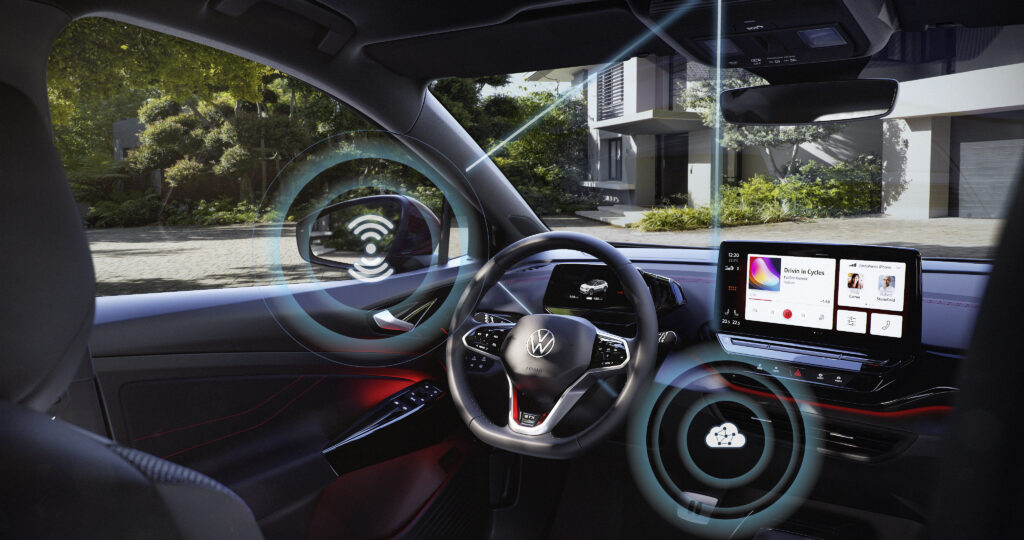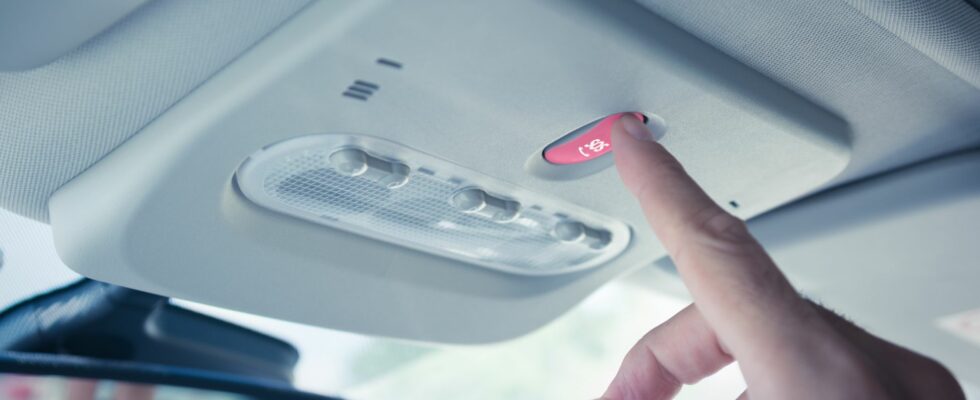The eCall function technology is based on the 2G mobile network. Except that the operators want to cut these old networks, which have become useless and expensive in their eyes. A standoff that will inevitably cost operators or car manufacturers millions of euros.
Since 2018, all cars sold in Europe must have the eCall function. The car must be able to make an automatic call to emergency services in the event of an accident. What started out as a good intention from Europe in favor of road safety will turn into a big headache for car manufacturers, because the technology used is already obsolete.
This is what the Tribune article of March 27 notes, very comprehensive on the subject. The investigation points to a situation which will cost millions, even billions of euros in all cases, either to mobile operators or to car manufacturers.
Cutting the 2G network means cutting millions of eCall buttons
According to the PFA (Plateforme Automobile) which represents the automotive industry in France, more than 36 million vehicles in Europe are equipped with this eCall function, which will soon be problematic. The figure continues to grow every month, because manufacturers currently have no other solution than to install eCall still operating on 2G technology. The automobile industry has been raising the problem for several years.
Who could have suspected that Europe, by making the eCall function compulsory, would pose a problem of obsolescence of this functionality a few years later? Apparently, no one in the European commissions, since Europe is in the process of reproducing the same error with the “eCall New Generation” planned from 2025 based on 4G/5G.

Car manufacturers will only be able to start replacing 2G eCall buttons with versions that work in 4G or 5G in new models produced next year. An element which will become mandatory by 2027. Except that by then, mobile operators will surely have already upgraded to 6G (or more) and the problem will recur…
A standoff between operators and manufacturers
Operators want to stop maintaining the old 2G networks, then those of 3G a few years later. Concretely, neither Europe nor local governments really have any power over operators to force them to keep 2G longer.
According to the article in the Tribune, mobile operators consider that they have largely warned the car manufacturers in advance, who would have had their way, by persisting in installing eCall buttons in 2G. Except that manufacturers depend on what has been imposed by Europe. This is how it all ends in a dead end.
Extending the lifespan of 2G networks for a few eCall calls from damaged cars does not seem to move operators, given the millions it would cost them. Car manufacturers find it difficult to see how they could replace more than 36 million eCall buttons, given the cost and technical difficulty that it would represent to keep them active. And Europe does not seem to want to resolve the issue.
Ultimately, won’t the current eCall buttons simply find themselves disabled in a few years? This is the path it could take.
Europe persists in wanting to demand technologies without assuming the long-term consequences. This promises with the electric car. A fundamental subject which will certainly animate one of our Watt Else newsletters dedicated to electric mobility. Subscribe to receive it every Thursday.
Do you want to know everything about the mobility of tomorrow, from electric cars to e-bikes? Subscribe now to our Watt Else newsletter!
